Society of Scholars

The Society of Scholars is an intellectual community of humanists of diverse generations, academic ranks, and departmental affiliations who contribute to and learn from one another’s work. Each year, approximately eight faculty and three dissertation research fellowships support members of the Society of Scholars. Scholars in year-long residence at the University of Washington may be invited to participate as well. The group meets biweekly throughout the year to discuss their research in progress.
Apply for the Fellowship (Faculty)
2025 - 2026 Society of Scholars
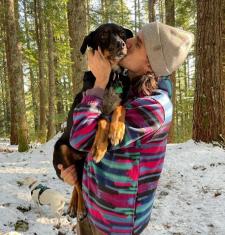

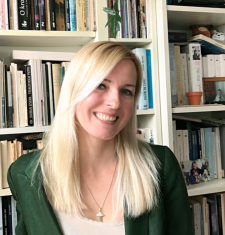



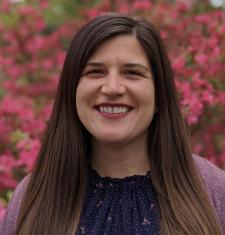

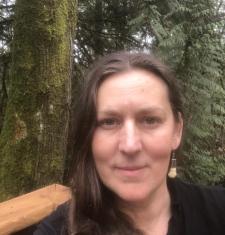
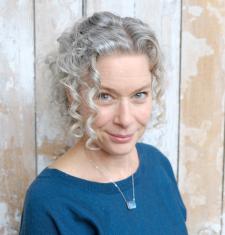
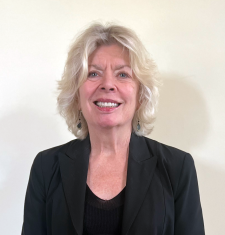
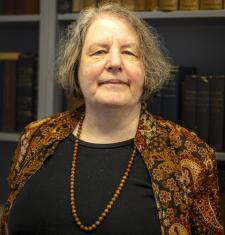

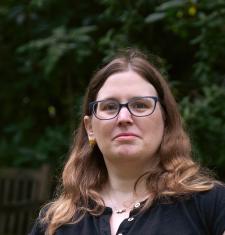

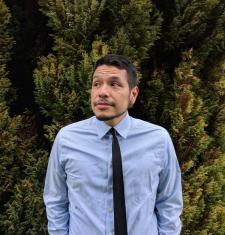


2018 - 2019 Society of Scholars Fellow
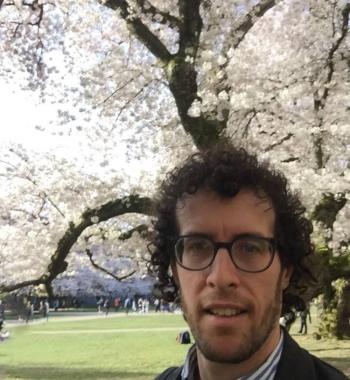
Jason Groves (he/him/his)
Mineral Imaginaries: German Literature and the Geologic Unconscious
Mineral Imaginaries examines human-mineral encounters in nineteenth-century German-language literature as an important predecessor of the widespread geologic turn in contemporary culture and thought. These writers confronted the challenge of imagining and accounting for a surprisingly volatile planet that bore little resemblance to the images produced by their predecessors, and they did so by attending to the unsettledness of the lithosphere—and not only in terms of tectonic activity. The wanderers, wayfarers, and itinerants that populate the literature of this period are often of a lithic nature, and their wanderings index a kind of planetary turbulence that anticipates the earth-magnitude perturbations designated by the Anthropocene.